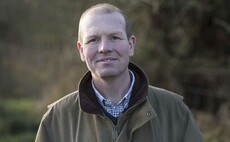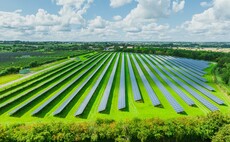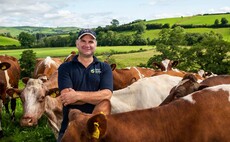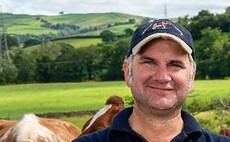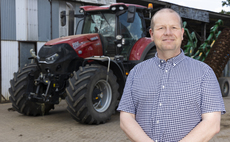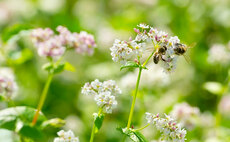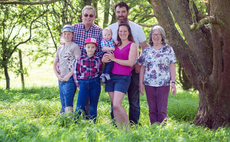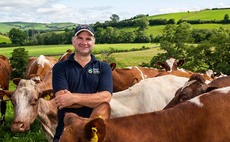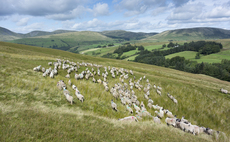nature friendly farming
FarmingCAN
Having established a thriving raw milk and meat box business, Lancashire farmers Emma Robinson and Ian O’Reilly have taken the farm to the next level with their eco restaurant. Emily Ashworth pays them a visit
In your field
�������� can no longer turn a blind eye to a business’ impact on local water quality, says Martin Lines
Blogs
This week's letters from �������� Guardian readers
In your field
James farms Dairy Shorthorns east of Kendal, Cumbria, with his parents Kathleen and Henry, wife Michelle and sons Robert and Chris. The fifth generation to farm at Strickley, he is also vice-chair of the Nature Friendly Farming Network
In your field
James farms Dairy Shorthorns east of Kendal, Cumbria, with his parents Kathleen and Henry, wife Michelle and sons Robert and Chris. The fifth generation to farm at Strickley, he is also vice-chair of the Nature Friendly Farming Network
Arable
High input prices constantly put pressure on growers, so creating a system which relies on little to no inputs might seem attractive, but how does it work in practice?
Environment
One third of the UK’s bee population has disappeared in the past decade – a disaster for pollinator populations and, in the long-run, farmers and humans too. Natalie Noble finds out how honeybees are a benefit beyond the hum of the hive and the honey.
Farm Life
Coming home to farm has allowed Anna Blumfield to drive the business in a different direction. Emily Ashworth finds out more
Farm Life
Happy New Year to you all. The start of the year has kicked off conference season, with both the Oxford Farming Conference (OFC) and Oxford Real Farming Conference (ORFC) being held simultaneously
Politics
Professor Julia Aglionby said pitching farming for food as the destroyer of nature was 'disingenuous, lazy and damaging'

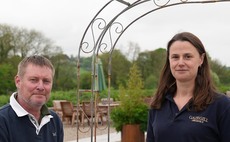
 31 May 2024
•
6 min read
31 May 2024
•
6 min read
